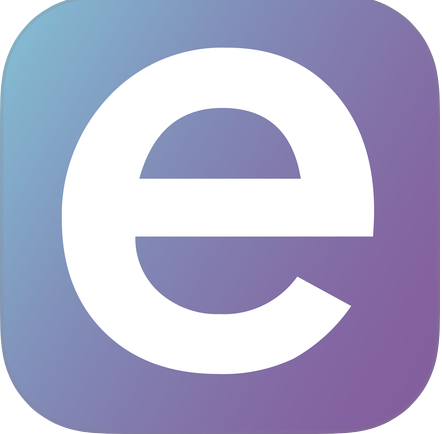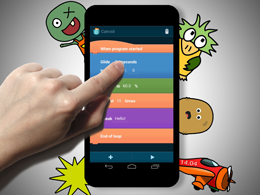 Im Rahmen unserer Veranstaltung ist eine kleine, aber feine Lernapp entstanden, mit der man verschiedenste Lektionen durchführen kann. Im Vordergrund stand zwar das generelle Ertesten wie man Apps erstellt, aber vielleicht hat jemand auch an der App selbst Spaß:
Im Rahmen unserer Veranstaltung ist eine kleine, aber feine Lernapp entstanden, mit der man verschiedenste Lektionen durchführen kann. Im Vordergrund stand zwar das generelle Ertesten wie man Apps erstellt, aber vielleicht hat jemand auch an der App selbst Spaß:
Eduludo allow you to learn mathematics, english, french and german for free.
In our app:
- 100% offline based. You’ll have to resolve challenges in each course, once you think you have the answer, just type it to see the result!
- Multiple profile! You have the possibility to use 7 different slots for keeping your progress.
- Perfect for children/home-schooler/ people wanting to improve their skills.
- More than 50 challenges to solve!




